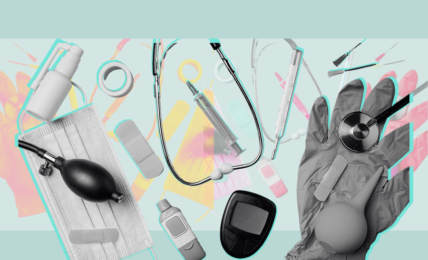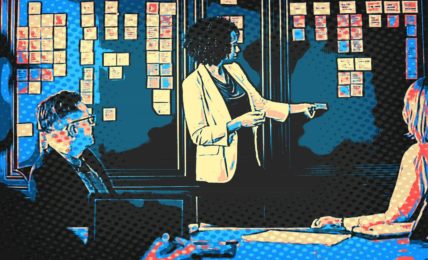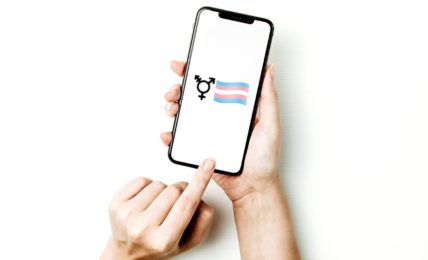Bias means disabled job seekers may need different strategy in interviews than non-disabled applicants
"Job interviews are challenging for everyone, but particularly so for people with disabilities who have always had difficulties presenting themselves favorably to gain employment."









